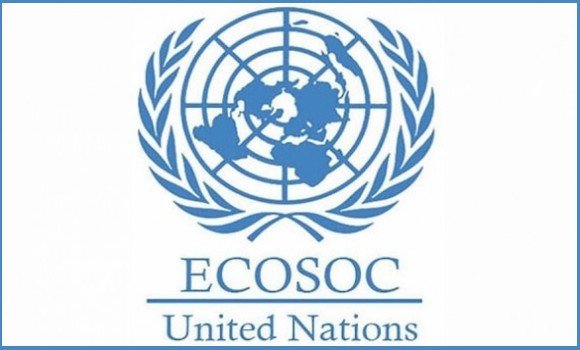NEW YORK (United Nations) – Algeria was elected on Friday, with a very large majority of 185 votes out of the 190 countries participating in the vote, as a member of the United Nations Economic and Social Council (ECOSOC) for a term of 3 years, from January 1, 2025, to December 31, 2027.
With this election, which took place on June 7, 2024, in New York, during the session of the United Nations General Assembly, Algeria becomes a member of this principal organ of the UN for the eighth time in its history. Indeed, Algeria has previously served for the periods 1964-1966, 1979-1981, 1983-1985, 1990-1992, 1998-2000, 2007-2009, and 2011-2013.
This brilliant election reflects the confidence Algeria enjoys within the UN and marks a recognized acknowledgment of its ability to provide the expertise and commitment necessary to achieve the United Nations Sustainable Development Goals by 2030.
Algeria thus further consolidates its presence within the most influential bodies of the United Nations.
Through this election, Algerian diplomacy, under the directives of the President of the Republic, Mr. Abdelmadjid Tebboune, aims to contribute significantly to the development of innovative policy recommendations that can accelerate the achievement of the Sustainable Development Goals by 2030, as well as the strengthening of development, which is the essential path to bridging disparities within and among nations, in close collaboration with other stakeholders of ECOSOC.
Algeria sets itself objectives of the highest importance during its term on the council, including: strengthening international solidarity, contributing to social and economic development, addressing challenges related to foreign occupation and the application of the principle of self-determination, contributions to international and regional funds dedicated to financing development activities or humanitarian aid, as well as encouraging flows of foreign direct investment.
Algeria remains committed to engaging in multilateral cooperation and global development, and to promoting the fundamental values at the heart of the United Nations mission, namely ”peace, development, and human rights”.
The Economic and Social Council represents one of the main organs of the United Nations, and it is considered the primary platform responsible for discussing economic, social, cultural, health, human rights, women’s, and youth issues. It is also responsible for coordinating the activities of the relevant UN bodies, agencies, and programs.
This body consists of 54 members, 18 of whom are elected each year by the UN General Assembly for a three-year term.
Translated from APS





